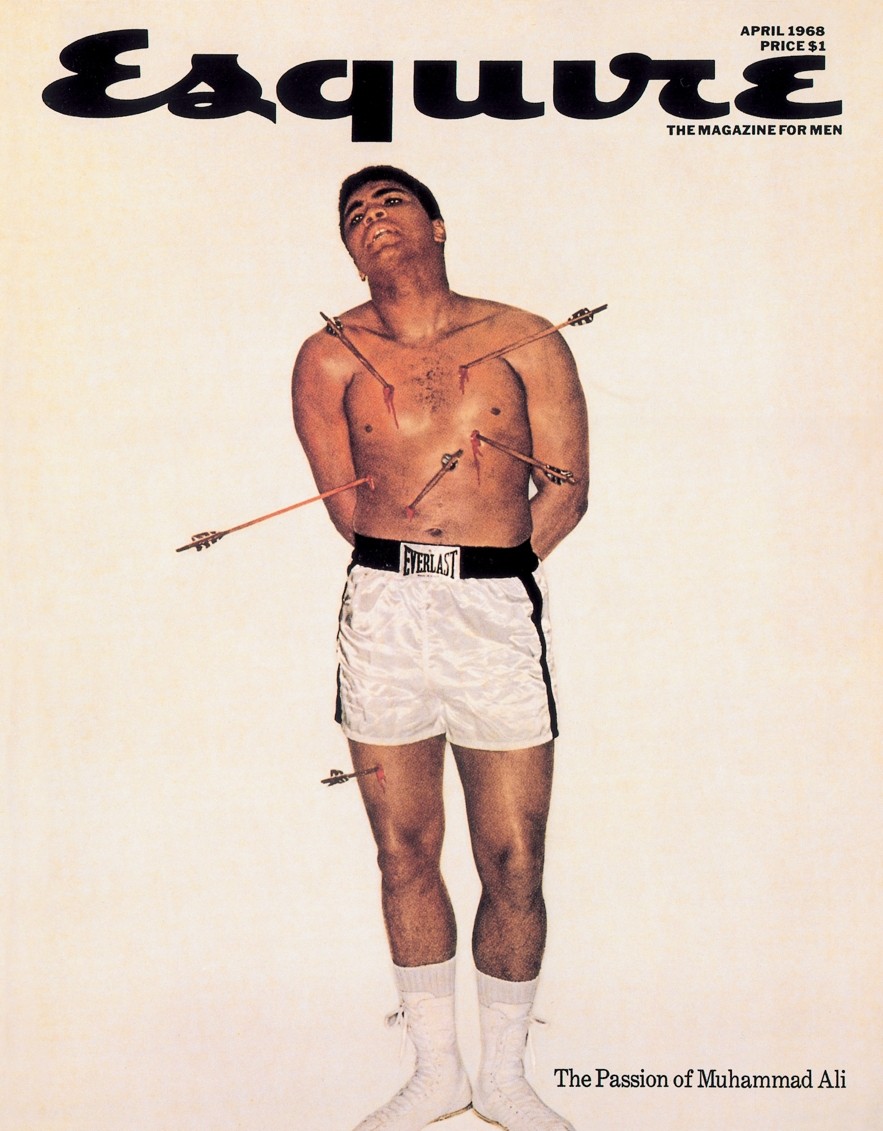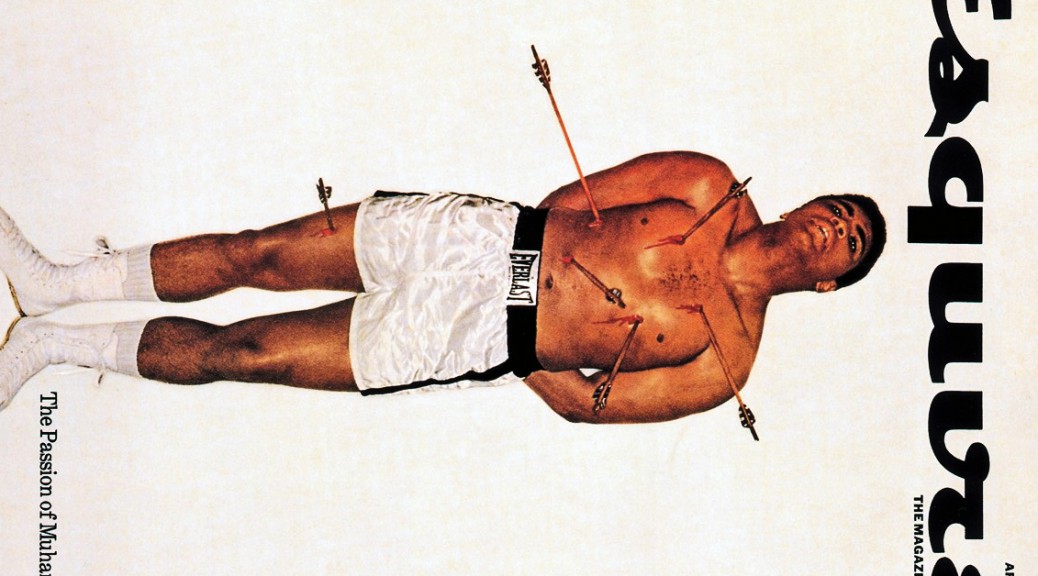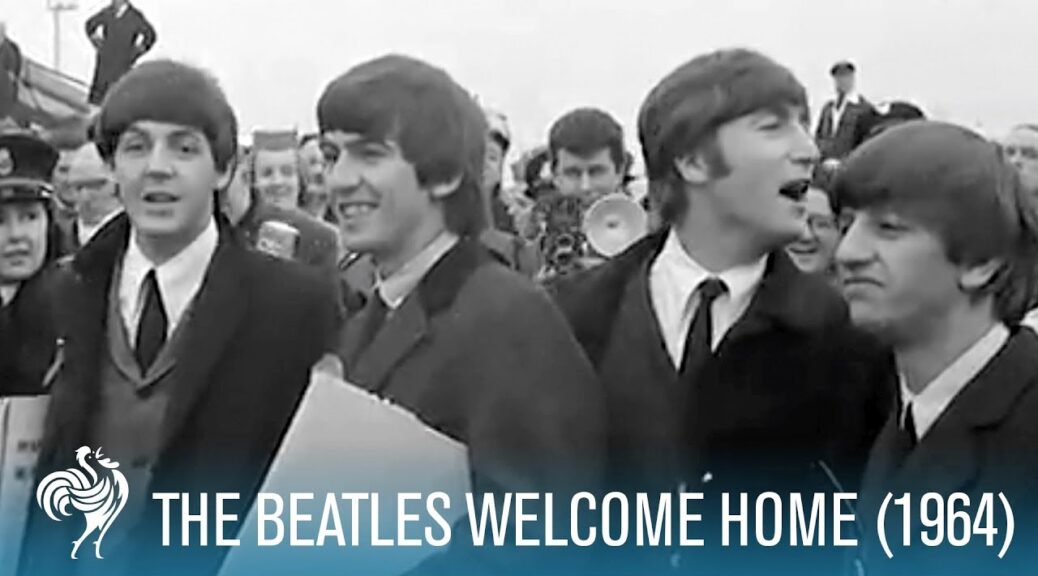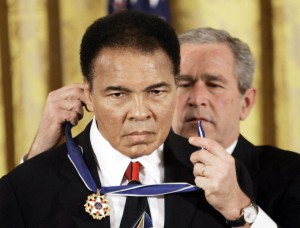Passion of Muhammad Ali
George Lois, Esquire magazine, and Muhammad Ali

On January 24, 1964 Clay took an Army evaluation test for the draft. On March 3, after having defeating Sonny Liston on February 25 and winning the world heavyweight championship, The Louisville Courier‐Journal published a story that Clay had failed by a slight margin to pass the psychological portions of that evaluation test.
Clay, commenting on the report, said, “Do they think I’m crazy?”
On March 13, Clay, now Muhammad Ali, took a second test and on March 20, the Department issued the following statement about Ali’s draft status: “The Department of the Army has completed a review of Cassius Clay’s second pre-induction examination and has determined he is not qualified for induction into the Army under applicable standards.”
Ali’s response was, “I just said I’m the greatest. I never said I was the smartest.”
Passion of Muhammad Ali
Joe Namath
On September 15, 1965 Joe Namath took his Army physical and on December 9 that year the Army classified Namath 4-F, ineligible to be drafted. It was determined that Namath’s knees were in too poor condition for the Army to take care of, though the National Football League and Namath found that Namath’s knees were fine to play.
Passion of Muhammad Ali
Reclassified
On February 12, 1966,the Louisville, KY draft board re-classified Muhammad Ali as 1-A. Ali challenged the reclassification as politically motivated and questioned why other athletes, such as Namath, quarterback for the NY Jets, weren’t being drafted as well.
On April 17, 1967 the U.S. Supreme Court barred Muhammad Ali’s request to be blocked from induction into the U.S. Army and on April 28, the US Justice Department denied Ali’s claim. The Department found that his objections were political, not religious. Ali reported for induction ceremony, but refused to step forward when called.
Passion of Muhammad Ali
Guilty
On June 20, 1967 Ali was found guilty of refusing induction into the armed forces. He was sentenced to five years in prison and fined $10,000—the maximum penalties. He was stripped of his title by the boxing association and effectively banned from boxing.
Passion of Muhammad Ali
Esquire cover
Nine months later, George Lois’s cover picture of Ali on Esquire magazine’s April 1968 edition portrayed him as a martyr akin to St Sebastian. Kurt Andersen, host of NPR’s Studio 360, stated that “George Lois’s covers for Esquire in the 60s are classic. His April 1968 image of Muhammad Ali to dramatize the boxer’s persecution for his personal beliefs, is the greatest magazine cover ever created, making a political statement without being grim or stupid or predicable.”
Ali’s legal fight continued until June 28, 1971 when the Supreme Court reversed Muhammad Ali’s conviction for refusing induction by unanimous decision in Clay v. United States.
Passion of Muhammad Ali
Reclaims title
MORE THAN THREE years later, on October 30, 1974 Ali fought the reigning champion George Foreman in an outdoor arena in Kinshasa, Zaire, The fight is known as the “Rumble in the Jungle.” Using his novel “rope-a-dope” strategy, Ali defeated Foreman and after seven years, reclaimed the title of Heavyweight Champion of the World.
- Related link >>> ESPN article



